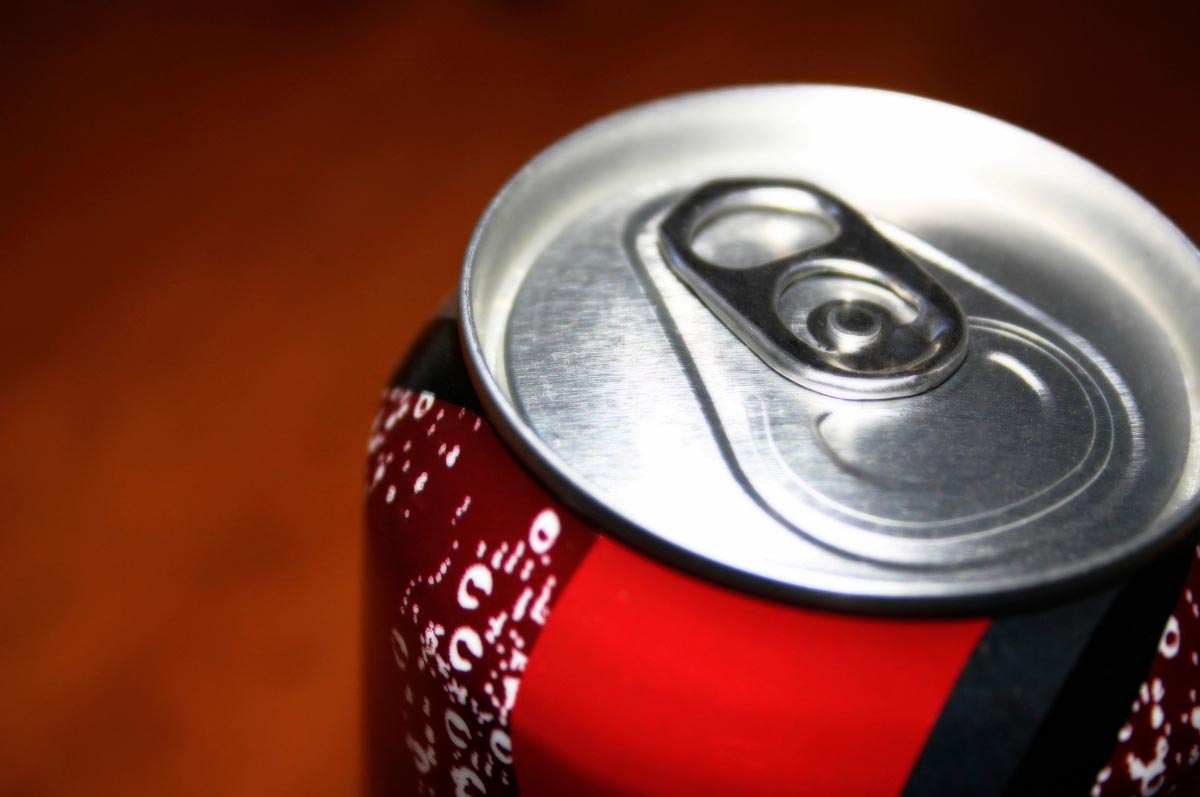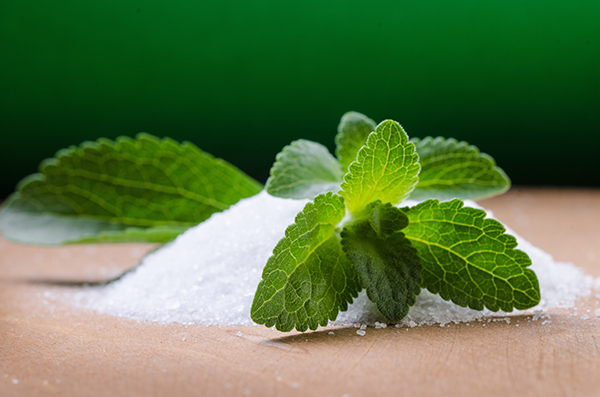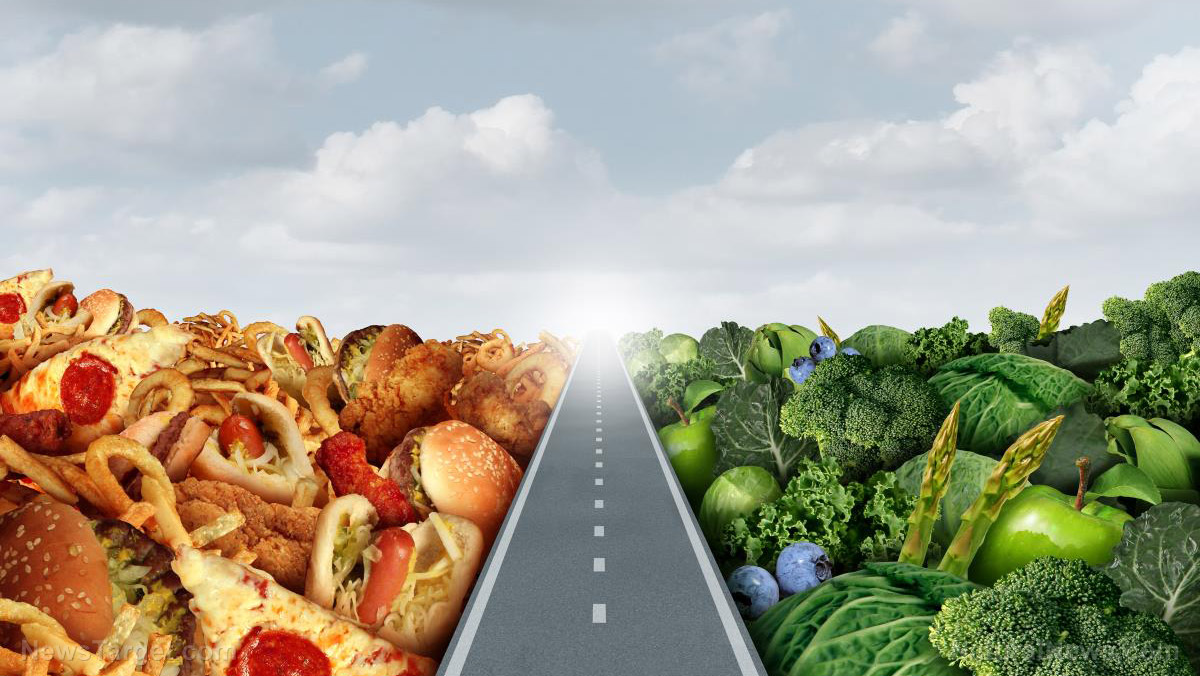The good, the bad and the sweet: What kind of sugar is bad for your health?
09/09/2020 / By Divina Ramirez

Sugar gets a bad rap – and for good reason. Found in processed foods like pastries, candies and sodas, this infamous macronutrient has been linked to all sorts of ailments and health conditions in the past, including heart disease and diabetes.
But nutritionists caution against forgoing sugar altogether. Sugar acts as the major fuel source for cells, and it has also been found to boost brain health. But this sugar might not be the sugar that comes to most people’s minds at the mention of the name.
In one of her recent articles published online, Jaclyn London, a registered dietitian and the nutrition director of the Good Housekeeping Institute, explained that there are different sugars, and the health benefits or health risks that a person stands to gain depends on the sugar he or she consumes.
The good sugars: Fructose, lactose and sucrose
Moderation is an old trope, said London, but it still rings true in regards to sugar consumption. Some people might run into health problems from not eating enough sugar, but others might exhibit an increase in their risk of certain conditions from eating too much sugar.
The important thing to remember here, said London, is that some sugars are healthier than others. The more infamous sugar that has become a public health concern is, more often than not, the added sugar found in sodas and processed foods.
On the other hand, superfoods like beets, grapes, carrots and grains all contain natural sugars. Natural sugars can be grouped into three: fructose (fruit sugar), lactose (milk sugar) and sucrose (a combination of glucose and fructose). People get these sugars all the time from their usual diets, added London.
Sugar molecules from these healthful foods are absorbed into the bloodstream and transformed into blood sugar or glucose. It then acts as a fuel source for cells keeping important processes up and running, such as breathing and thinking.
The problem begins once people start eating foods that contain added sugars. These sugars can also take on a number of names. Some of the most common ones that appear in ingredient lists include cane sugar, dextrose, fruit juice concentrate, malt sugar and high-fructose corn syrup.
Minimizing the intake of bad sugars
Sugars are not harmful in small amounts, but our bodies do not need added sugars on top of the natural ones that come from plant-based foods, according to experts from the American Heart Association (AHA). In fact, added sugars contribute additional calories and zero nutrients to food.
Furthermore, adults in the U.S. have been consuming more and more added sugars in their diets for the past three decades. If no intervention is made, this nutrition trend can lead to a greater prevalence of heart disease, the number one cause of death in the U.S. (Related: Reverse and prevent heart disease with diet.)
The best approach to minimizing one’s risk of this serious health condition and its related complications is to limit added sugar intake or get rid of sugar-rich foods altogether. Here are 10 of the unhealthiest foods at the supermarket that are chock-full of added sugar:
- Granola
- Protein bars
- Refined breakfast cereals
- Pasta sauces
- Canned soup
- Nut and seed butter
- Salad dressings
- Instant oatmeal
- Sports drinks
- Sodas and processed fruit juices
Keeping sugar intake in check is easier than it seems, and it can become second-nature if sustained in the long run. To steer clear of added sugar, make it a habit to check product labels and ingredients list, or make the food at home if at all possible. Sugar alone is not bad, but it is crucial to consume it in moderation.
Read more articles about the dangers and health risks of added sugar at StopEatingPoison.com.
Sources include:
Submit a correction >>
Tagged Under:
added sugar, blood sugar, diabetes, fast food, heart disease, prevention, sugar, sweeteners
This article may contain statements that reflect the opinion of the author
RECENT NEWS & ARTICLES
COPYRIGHT © 2017 SWEETENERS NEWS




















